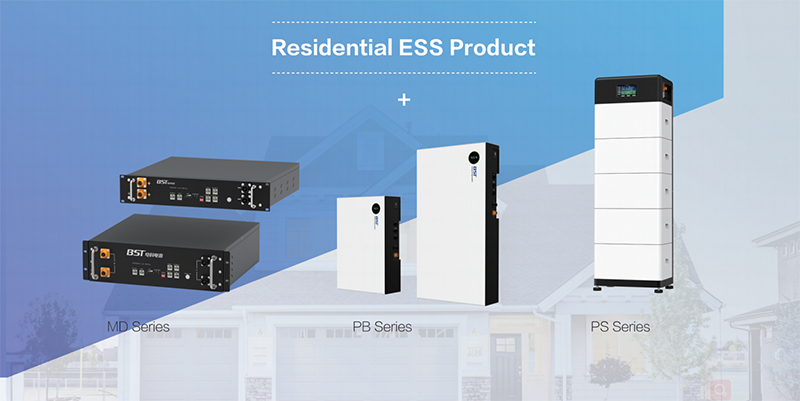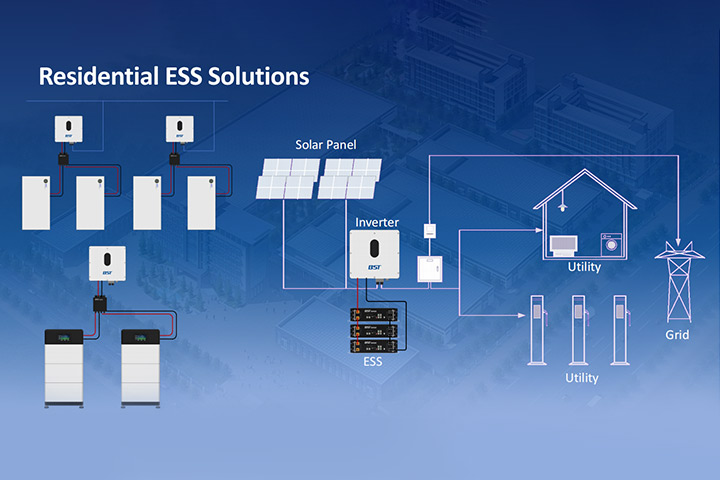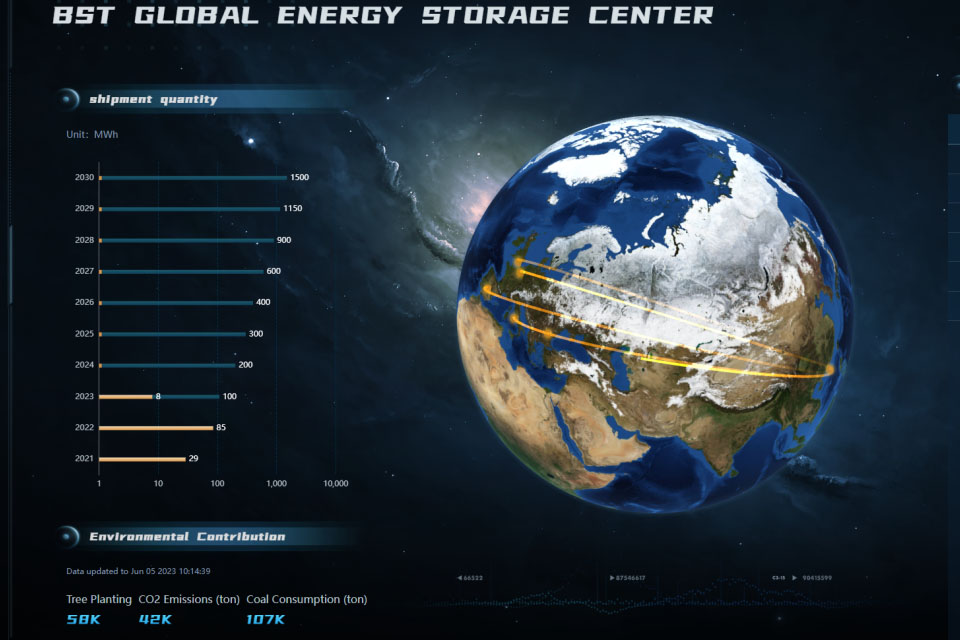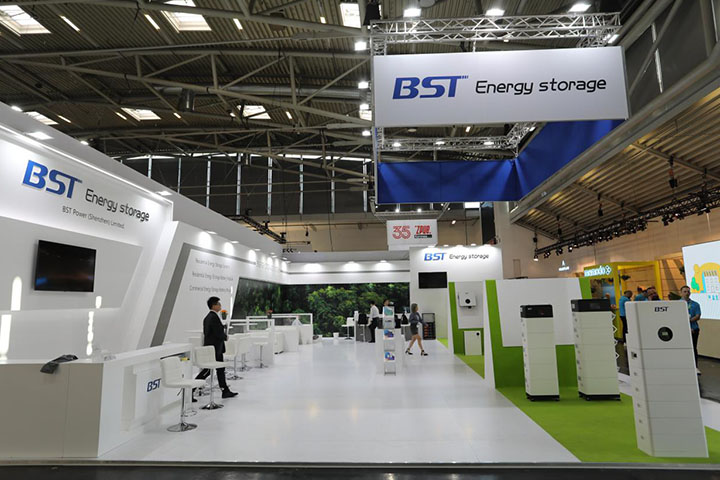I. Overview of Lithium Battery Market Development
With the increase in global demand for clean energy, the lithium battery market has shown explosive growth in recent years. According to market research data, the global lithium battery market size has exceed USD 60 billion in 2023 and is expected to rise steadily at an average annual growth rate of 20% to reach a market size of about USD 86 billion by 2025. The rapid development of electric vehicles and the wide application of home energy storage systems have prompted major manufacturers to increase investment in R&D and production capacity to compete for market share. The following is a detailed analysis of the top 10 global lithium battery manufacturers by 2025.
II Top 10 Lithium Battery Manufacturers in 2025
1. BST Power

- Founded: 2002
- Company size and country: BST Power is headquartered in China, with multiple production lines, a total annual production capacity of 10GWh, and more than 500 employees.
- Corporate Culture: The company advocates the concept of ‘Green Energy, Low Carbon Life’ and is committed to promoting sustainable development and technological innovation.
- Core Competitiveness: BST Power focuses on modular design and intelligent management systems to provide cost-effective products based on its profound accumulation in the field of home energy storage batteries.
- Enterprise strength and 2025 plan: BST plans to establish production bases in Europe and North America by 2025 to further expand its market. At the same time, it is investing in the research and development of a new generation of high-energy-density lithium batteries in an effort to dominate the global energy storage market.
- Technological Advantages and Product Selling Points: BST’s lithium battery products feature high energy density, long cycle life, and intelligent management systems, which are particularly suitable for home energy storage and small commercial applications, enhancing user experience and safety.
2. Ningde Times (CATL)
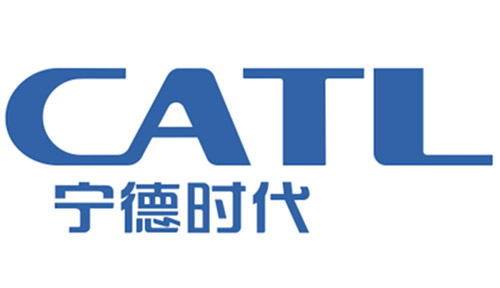
- Founded: 2011
- Enterprise size and country: Ningde Times is the largest Li-ion battery manufacturer in China, with an annual production capacity of more than 60GWh and close to 30,000 employees.
- Corporate Culture: NDT advocates the corporate culture of ‘Innovation, Responsibility, and Cooperation’, and is committed to promoting the progress of the industry through technological advancement and sustainable development.
- Core Competitiveness: CATL is a market leader in electric vehicles and energy storage, and has achieved cost advantages through its strong R&D capabilities and large-scale production capacity.
- Corporate Strength and 2025 Plans: CATL plans to achieve a broader production footprint globally by 2025, particularly in the European and North American markets. At the same time, it is strengthening its research and development of battery recycling and reuse technologies to support sustainable development.
- Technological Advantages and Product Selling Points: CATL’s batteries are known for their high power density and long range, with excellent safety features and energy management systems, and are widely used in electric vehicles, energy storage, and consumer electronics.
3. LG Energy Solutions (LG Energy Solutions)
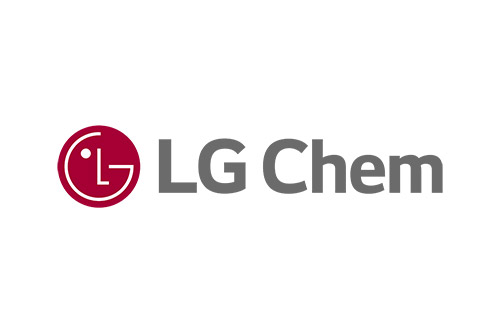
- Founded: 1995
- Company size and country: LG Energy Solutions is headquartered in South Korea, with an annual production capacity of more than 50 GWh and more than 20,000 employees worldwide.
- Corporate Culture: Emphasis on innovation and environmental protection, the pursuit of technological breakthroughs, and user satisfaction.
- Core Competitiveness: Significant market share in electric vehicle batteries and home energy storage systems, with extensive technology accumulation and market experience.
- Corporate Strengths and 2025 Plans: LG plans to strengthen its market share in the U.S. and Europe by 2025, boost production capacity, and develop new technologies, especially in battery recycling.
- Technological Strengths and Product Selling Points: LG’s battery products are known for their high energy density, high safety, and superior thermal management technology for electric vehicles and industrial energy storage.
4. **Matsushita Electric Industrial Co.
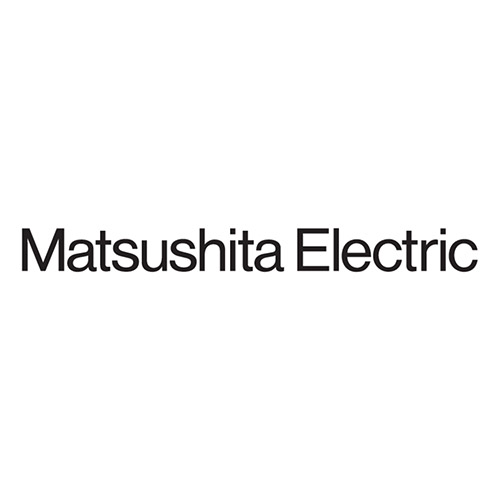
- Founded: 1918
- Company size and country: Japanese company with an annual production capacity of more than 35GWh and approximately 200,000 employees.
- Corporate culture: Adherence to customer-centered philosophy, the pursuit of technological innovation, and quality service.
- Core Competitiveness: Panasonic’s deep accumulation in the field of electric vehicle batteries, and its strategic cooperation with Tesla have given it an edge in the market.
- Corporate Strengths and 2025 Plans: Plans to expand production capacity in North America, invest in new technologies, and improve battery recycling rates.
- Technological Strengths and Product Selling Points: Panasonic batteries are characterized by high energy density and long service life, especially in electric vehicle batteries, while maintaining high standards in safety performance.
5. BYD (BYD)
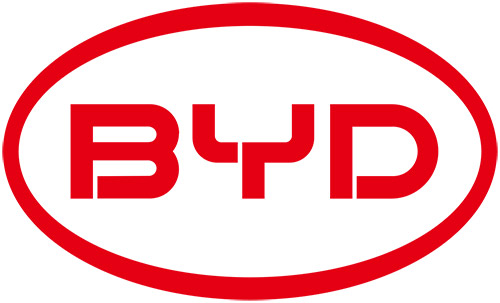
- Founded: 1995
- Company size and country: BYD is headquartered in China, with an annual production capacity of about 30 GWh and over 200,000 employees.
- Corporate Culture: With ‘Green Mobility, Technological Innovation’ as its mission, BYD is committed to promoting the popularisation of renewable energy.
- Core Competitiveness: Strong vertical integration capability, occupying an important market position in electric vehicles and energy storage systems, with significant market influence.
- Corporate Strengths and 2025 Plans: BYD plans to continue to expand its global market, increase sales of electric vehicles and energy storage systems, and enhance its brand influence.
- Technological Strengths and Product Selling Points: BYD’s blade batteries are known for their safety, long life and high energy density for electric vehicles and large-scale energy storage projects.
6. Tesla (Tesla Energy)
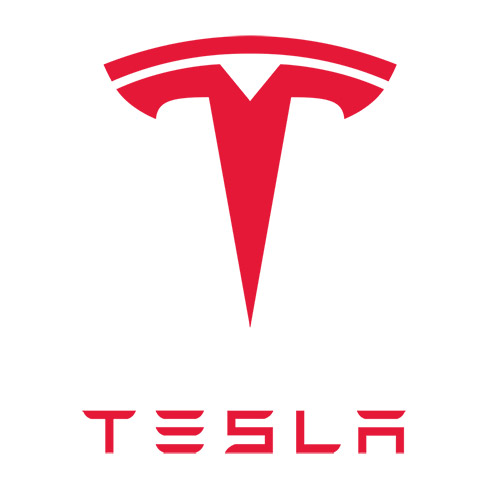
- Founded: 2003
- Company size and country: U.S. company, annual capacity of lithium batteries about 28GWh, more than 70,000 employees worldwide.
- Corporate Culture: Focused on sustainable development and innovation, committed to driving the global energy transition.
- Core Competitiveness: Tesla’s leadership in the electric vehicle sector and strong brand influence give it a competitive advantage in the market.
- Corporate Strengths and 2025 Plans: plans to expand market share in energy storage products and continue to develop high-performance batteries and energy management systems.
- Technological Strengths and Product Selling Points: Tesla’s battery systems are equipped with high energy efficiency and intelligent management features, especially in home energy storage and electric vehicle applications.
7. Samsung SDI (Samsung SDI)
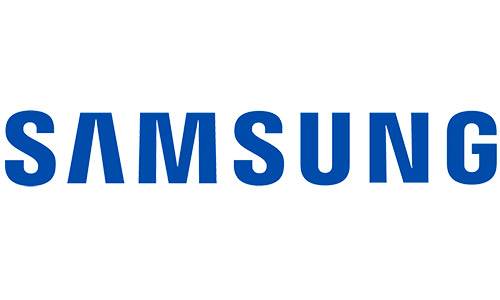
- Founded: 1970
- Company size and country: South Korean company with an annual production capacity of about 25GWh and more than 30,000 employees worldwide.
- Corporate Culture: Driven by innovation, pursuing excellence in quality and user experience.
- Core Competitiveness: Strong technology accumulation and market share in small and medium-sized lithium batteries and electric vehicle batteries.
- Enterprise Strength and 2025 Plan: plans to increase production capacity in the European and American markets and increase investment in emerging markets.
- Technological Strengths and Product Selling Points: Samsung SDI’s battery products are known for their high safety, long cycle life, and high energy density for electric vehicles and portable electronic devices.
8. Sony Energy: Foundation: 1971, 1972, 1974, 1974
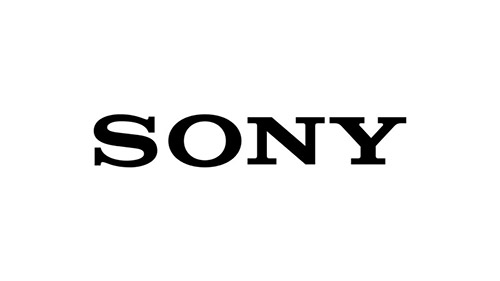
- Founded: 1975
- Company size and country: Japanese company with an annual production capacity of approximately 15GWh and more than 10,000 employees.
- Corporate Culture: Continuous innovation, pursuit of superior quality, and focus on user needs.
- Core Competitiveness: Certain technological advantages in the consumer electronics and energy storage markets, especially in the field of small portable devices.
- Enterprise Strengths and 2025 Plans: plans to expand its market share in domestic and industrial energy storage through technological innovation.
- Technological strengths and product selling points: Sony batteries are popular in the market for their high energy efficiency and stability, and are suitable for a variety of application scenarios.
9. **Siemens Energy
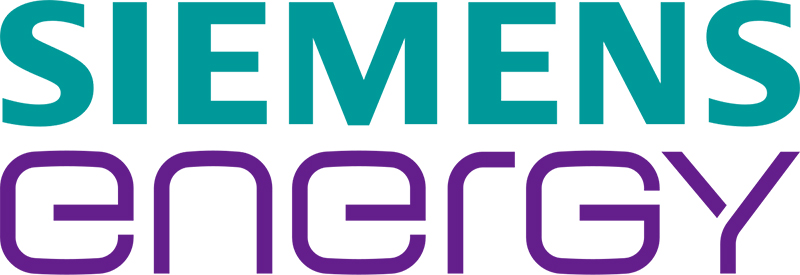
- Founded: 1979
- Company size and country: German company with an annual production capacity of about 12GWh and more than 50,000 employees.
- Corporate culture: Emphasis on energy efficiency and sustainable development, pursuit of technological leadership.
- Core Competence: Strong R&D capabilities and market influence in industrial energy storage systems and battery management systems.
- Corporate strengths and 2025 plans: plans to further increase its share of the industrial energy storage market and develop new green energy solutions.
- Technological strengths and product selling points: Siemens’ battery products are known for their high efficiency and stability, and are widely used in industrial and commercial energy storage systems.
10. **Aviation Lithium Battery (AVI)
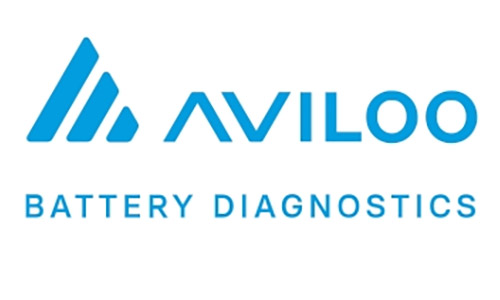
- Founded: 2009
**Aviation Lithium Battery (AVLB) *Founded*: 2009
Company size and country: Chinese company with an annual production capacity of about 8GWh and about 5,000 employees.
- Corporate culture: Technology is the core of promoting the integration of aviation and the new energy industry.
- Core Competitiveness: Focused on aviation and high-end energy storage, with strong technical R&D capability.
- Enterprise strength and 2025 plan: plans to further expand the market and improve the application areas and performance of products.
- Technological Strengths and Product Selling Points: AVIC Lithium’s products have high safety and high energy density, and are suitable for aviation and high-end energy storage systems.
III. Market Trends and Future Prospects
The lithium battery market is expected to show diversified development in 2025. Thanks to the policy support for clean energy and carbon-neutral targets around the world, the market demand for efficient, safe, and environmentally friendly lithium batteries will continue to grow. Along with technological innovation, the energy density, safety performance, and cycle life of lithium batteries will be further improved in the future.
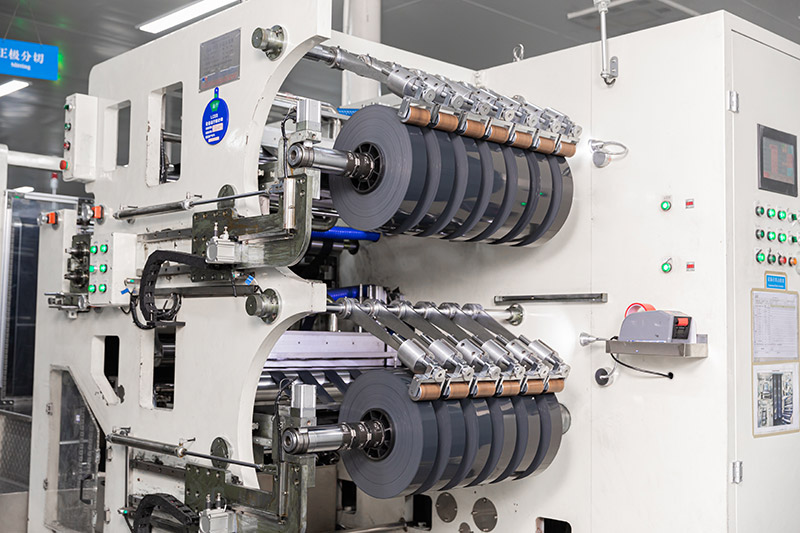
In terms of market trends, the lithium battery market in 2025 will develop in the direction of intelligence, greenness, and low cost. Competition among large manufacturers has intensified, and technological innovation and capacity expansion will be key factors in winning market share. Meanwhile, the emergence of more application scenarios will further drive the continued expansion of the lithium battery market.
